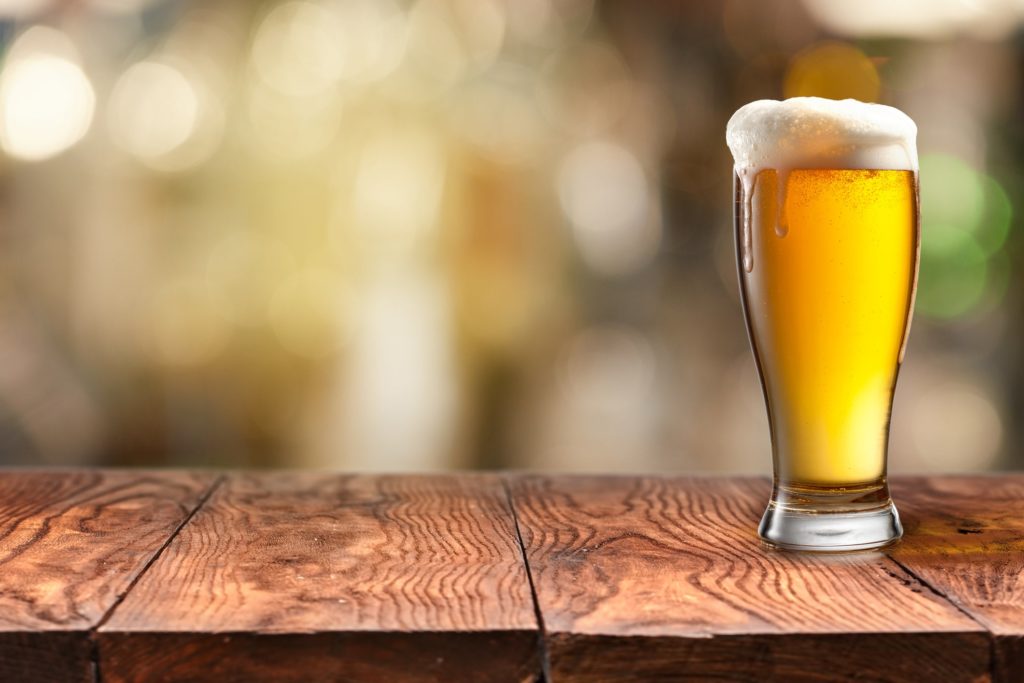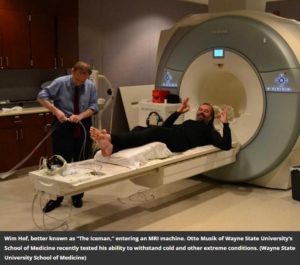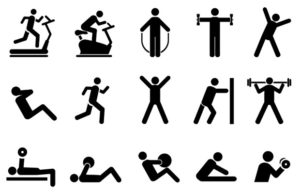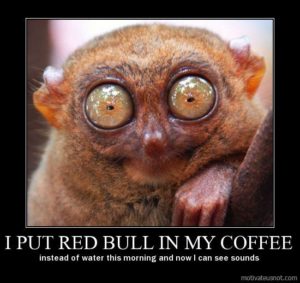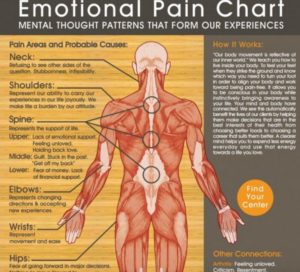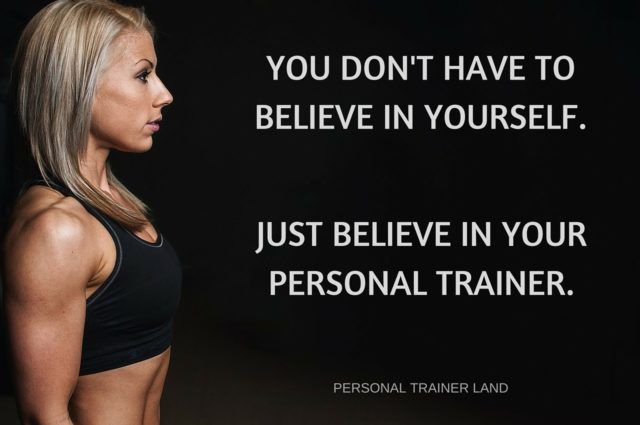
Think of this:
“If a person believes an exercise program has been optimized and created specifically for them, the regime will have a positive effect, regardless of the content of the program.”
It follows that one of the first tasks of a fitness coach is to instill confidence that their exercise program is designed for YOU, that it’s tailored to your particular body shape, age, fitness level and so forth.
Forty people participated in this study. After a series of physical tests in the laboratory, they were all given different training programs.
Half of the participants were told that the training program they received had been specially adapted to them based on the tests that were carried out. This was the intervention group.
The other half, the control group, did not receive such a message.
The participants were all given training programs that varied with regard to weight and the number of repetitions, but on average the programs of the two groups were similar.
After completing the eight to 10 weeks of training, the participants were again tested in the laboratory.
“It turned out that those who thought they had received an individually adapted training program got better results on average than the control group. Even though the two groups had followed the same program on average.”


